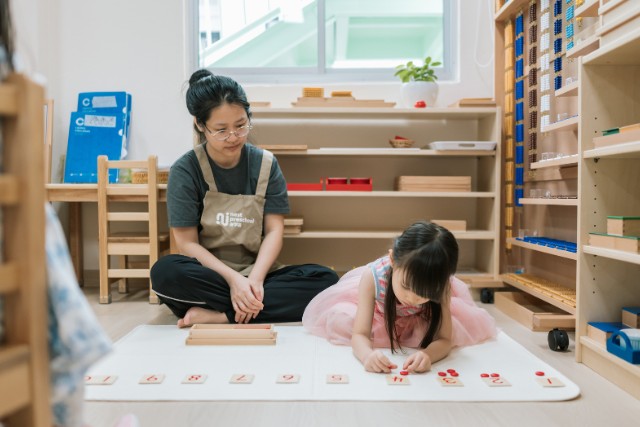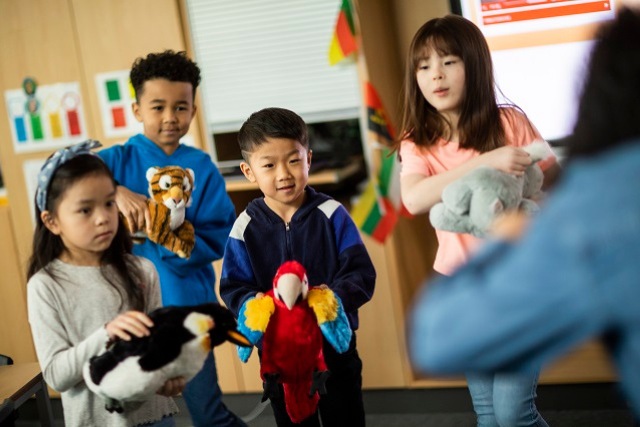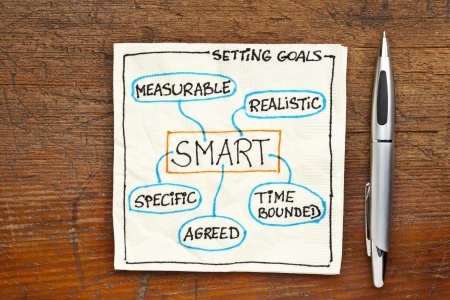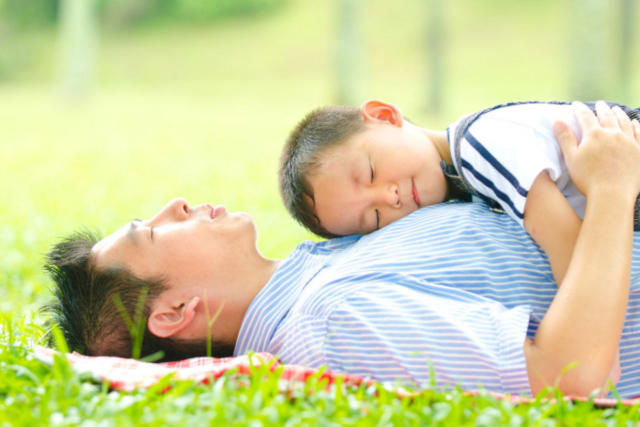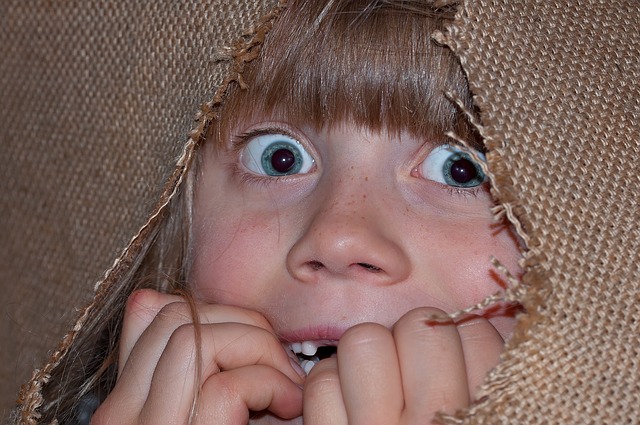My three-year-old daughter loves putting on my wristwatch for me. It is with nervous amusement and pleasure that I observe her deft little fingers attempt to pick at the clasp, poke the needle through a hole, and pull the strap through the clasp.
She spends ten minutes trying and failing, and trying again until the repeated failure is too much for her to bear. Then there is screaming, crying, a scrunched up face reddened from frustration. “I can’t do it!”
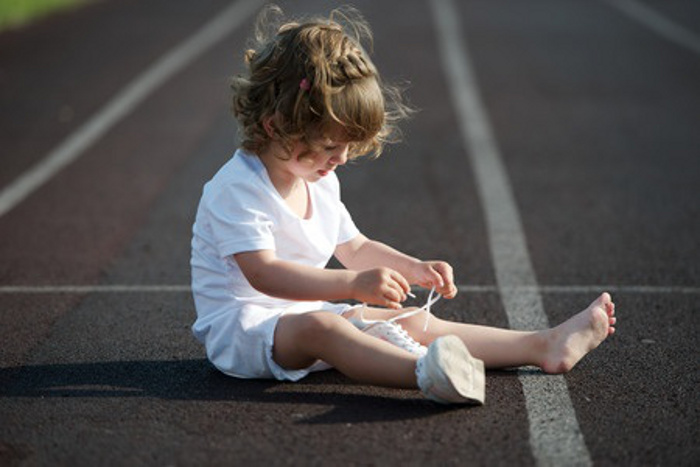
I want to help her. As her parent, I constantly have to hold back from jumping in to save the day at the first sign of struggle.
But instead, I say gently, “You can do it, Chloe.” Because I know she can, just as she learned to put on her shoes, button up her cardigan, and spread peanut butter on toast without jabbing the bread apart.
“Try again,” I say. “Then I’ll help you and we can do it together if you want.”
One time, when Chloe struggled to put on her socks (the fabric was all bunched up at her toes and she couldn’t pull it up to cover her heel and ankle) my mother said, “She doesn’t know how to do it. Just do it for her.”
But I hold back from doing anything for Chloe that she can already do herself, or things that she can almost do herself. It’s this “almost there” phase that’s most troublesome to get past.
She’s not quite there yet; should I let her find her own way? Or should I help?
I want to respect my child enough to let her try. Everyone deserves a chance to succeed, and everyone deserves a chance to fail.
Try, Try, Try Again
Let’s look beyond a toddler’s capabilities toward the future, to an adolescent’s responsibilities. Homework, school projects, group assignments, exams, sports games and tournaments, research papers: all of these require self-discipline, self-motivation, restraint, and time management. Am I going to “help” Chloe by building her science project, over-editing her essays, and policing her schedule, or am I going to let her manage herself?
If she makes occasional mistakes, misses a major deadline, does poorly on a few tests, or gets a low grade for a subject, would I blame myself?
My aunt advised me not to ever approach or complain to the teacher about my child’s marks in class. “Just get your child to talk to the teacher herself. Tell her to ask for help. But don’t do it for her.”
Don’t over parent, was her main point. As Jessica Lahey, educator and author of The Gift of Failure wrote, overparenting has “the potential to ruin a child’s confidence and undermine education in independence.”
No one likes experiencing failure. The only worse feeling is watching your child fail. Their self-esteem is crushed, however temporarily. They feel shocked, angry, lost, and bitter at how unfair the world seems. And they will probably be reluctant and scared to try again because what if they do it wrong again? It’s one of the hardest things, as a parent, to watch your child fail and blame yourself.
But do you really expect them to have a perfect, unmarred childhood? Perfection is an illusion, isn’t it? Resilience and perseverance are real, and the good news is, they can be taught.

The Upside to Failure
What good could come out of failing? A child builds up his emotional resources so that he’s better able to cope with the next setback, to stand up after the next fall. He can deal with rejection because he knows rejection.
Children need to be reassured that everyone is afraid sometimes, but the difference is in who goes at it anyway, who risks failure anyway, who picks up the thrown wristwatch, and re-aims the needle at the hole till they finally get it in.
Let’s teach our children that it’s normal to be frustrated and make mistakes. Just do better next time. If children only stick to what they are good at, how will they ever venture out to new territories and challenges? Discover new things? We’ll only raise children who play it safe.
I don’t want Chloe to play it safe. So I will give her the chance to step up, be brave, and solve her own problems. And if she reaches the point where she really needs help, I hope she knows she can ask.
You, like me, probably never knew you could love or believe in someone so deeply until you had your baby. I’m still learning to let Chloe fail. It’s hard. But she needs to take responsibility for her errors and discover how strong she really is once she finally breaks through limits.
Because that’s when success is sweetest.
By Jenny Tai.
Stay tuned for the next part of our ‘Value’ series as we talk about Teaching Our Children The Value Of…Free Play
This article was first published in The New Age Parents e-magazine.
* * * * *
Like what you see here? Get parenting tips and stories straight to your inbox! Join our mailing list here.
Want to be heard 👂 and seen 👀 by over 100,000 parents in Singapore? We can help! Leave your contact here and we’ll be in touch.













